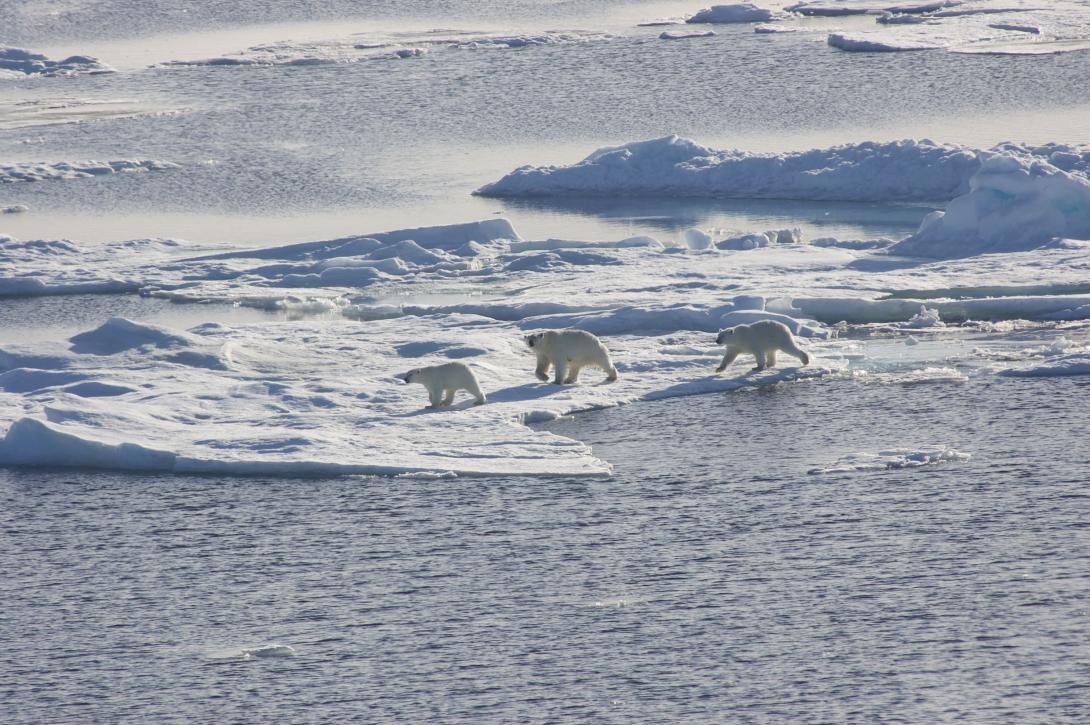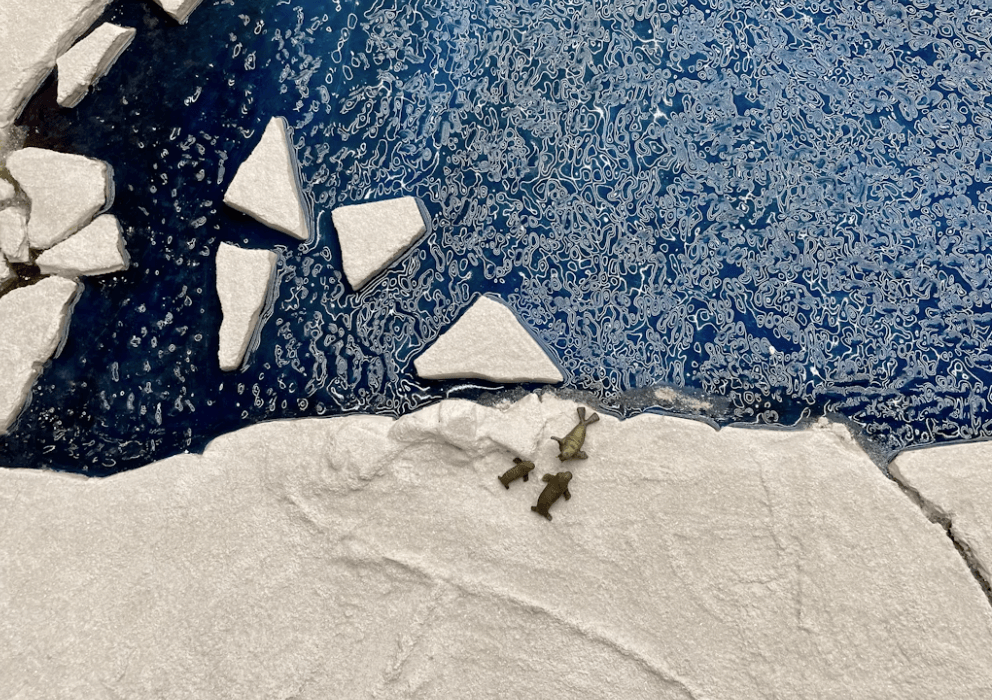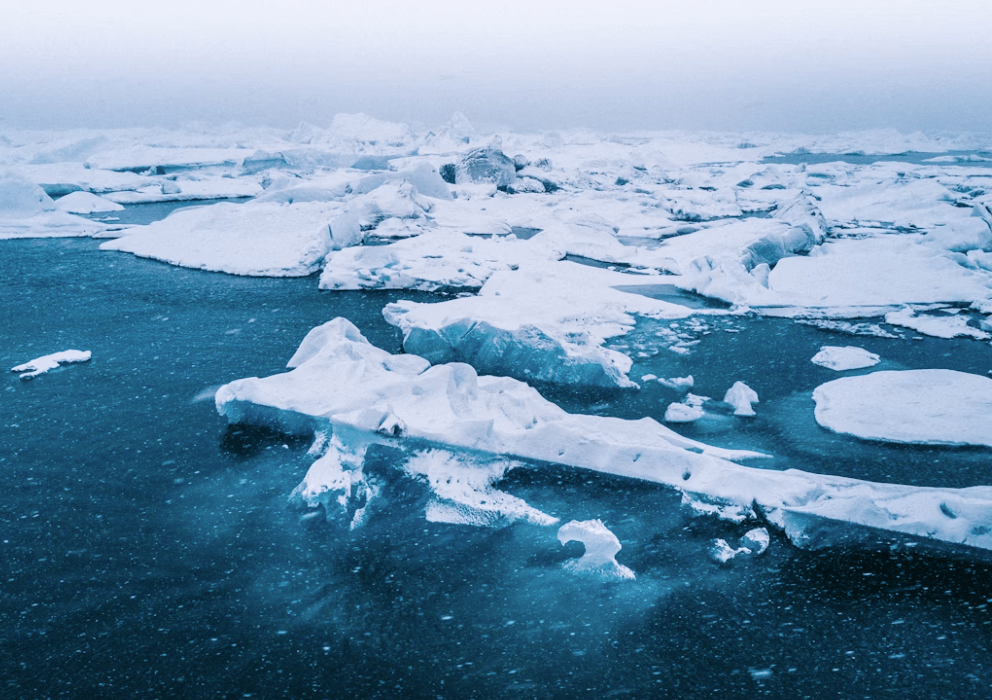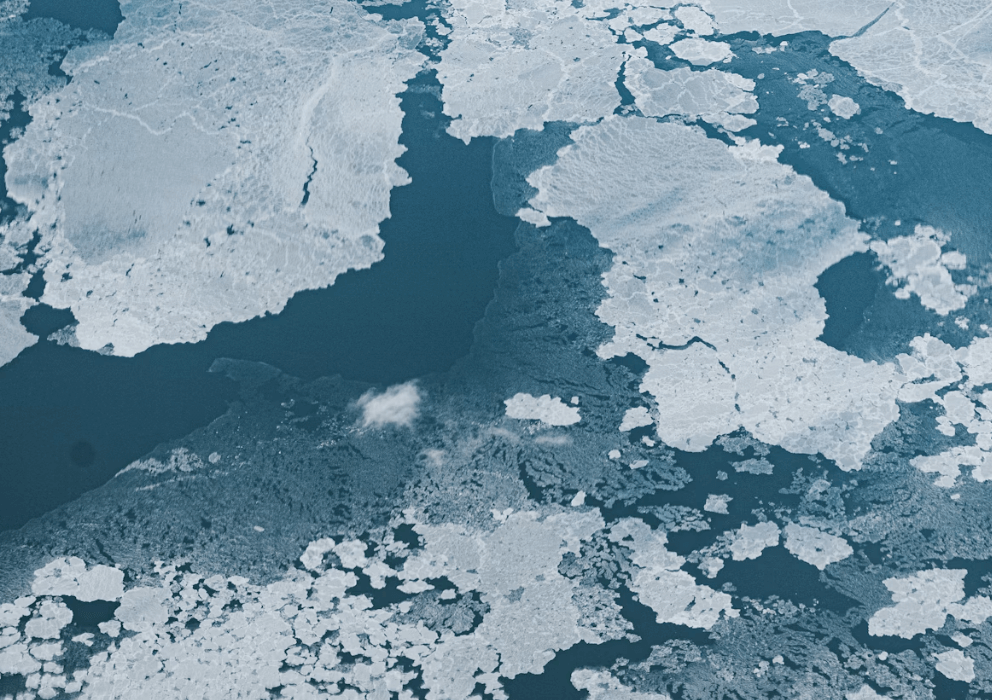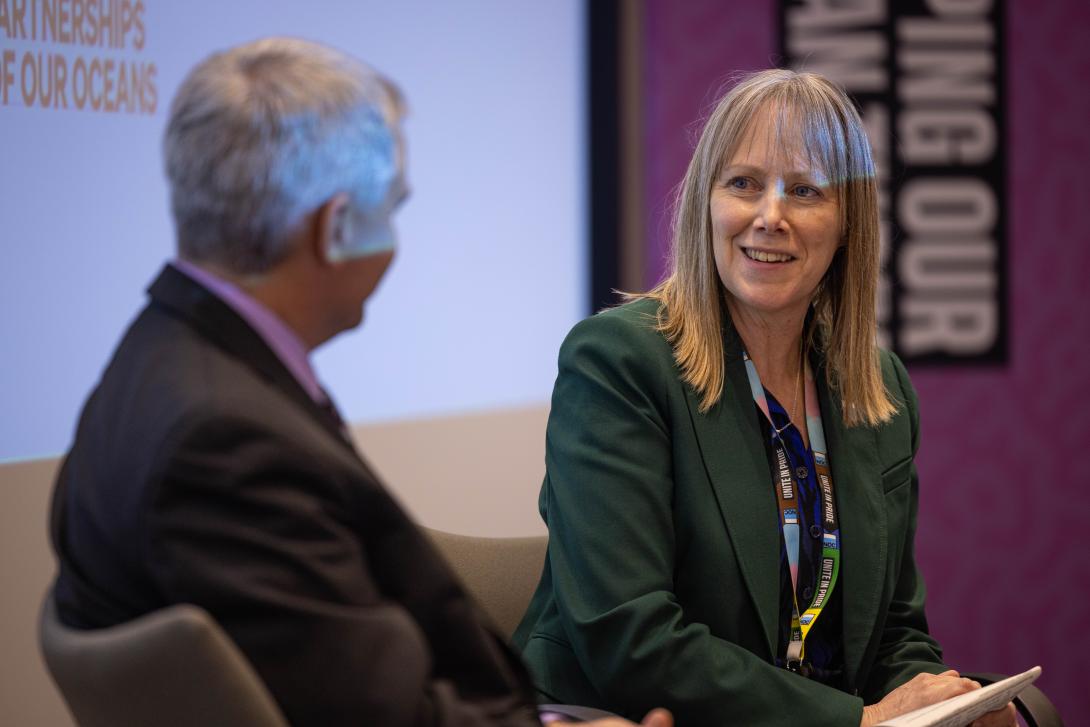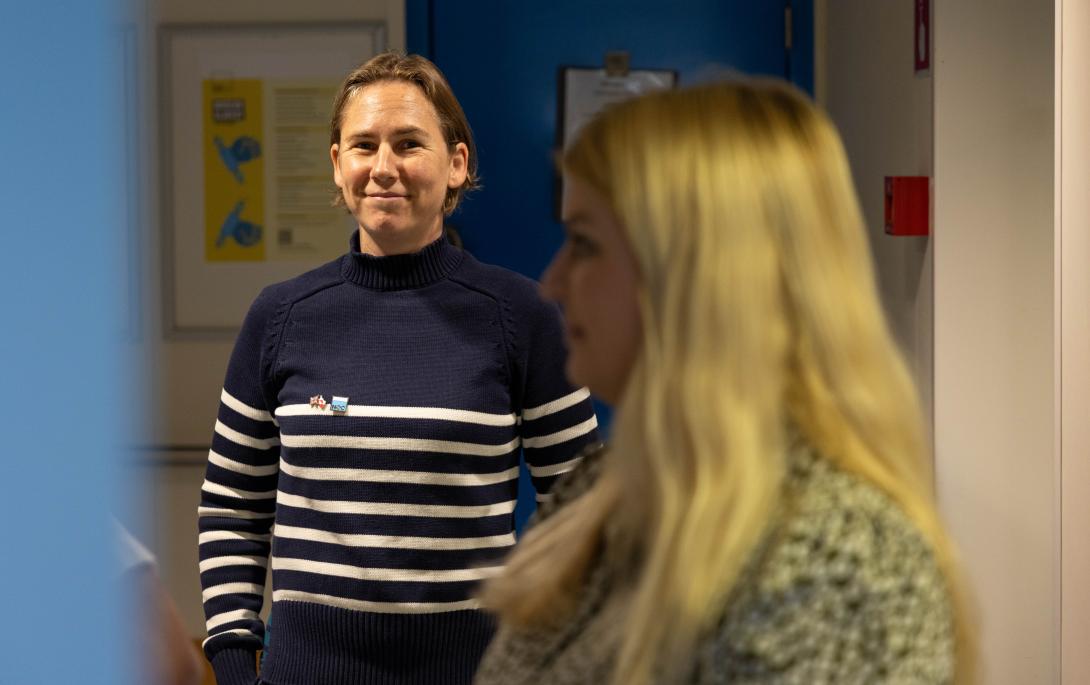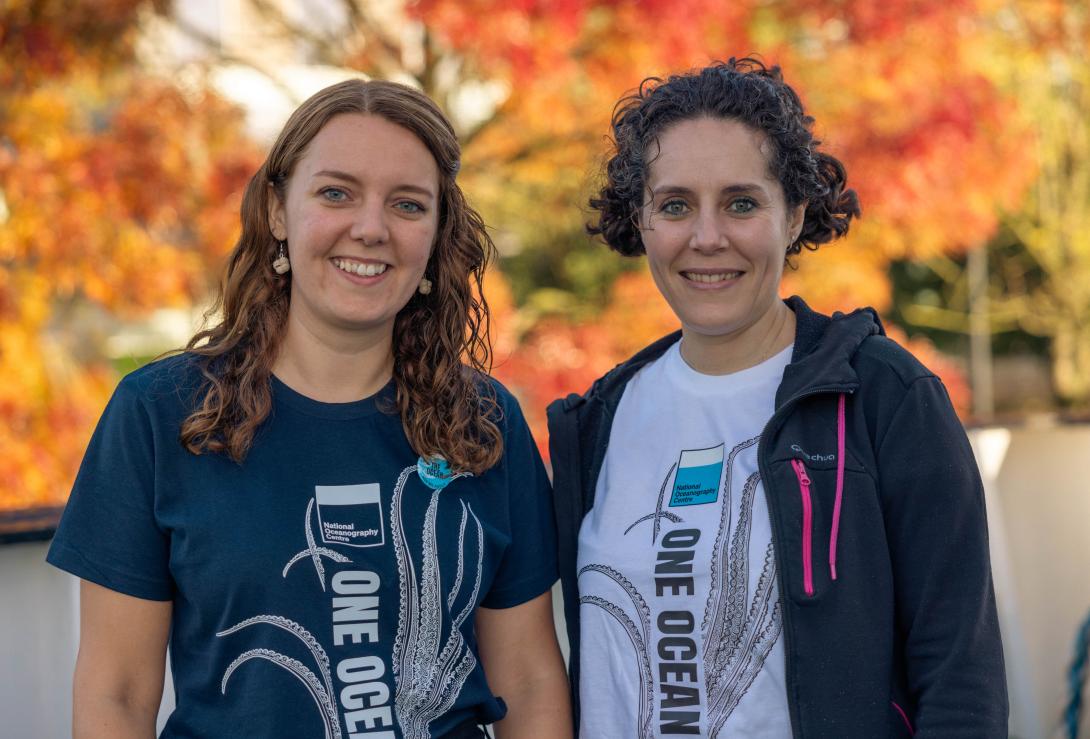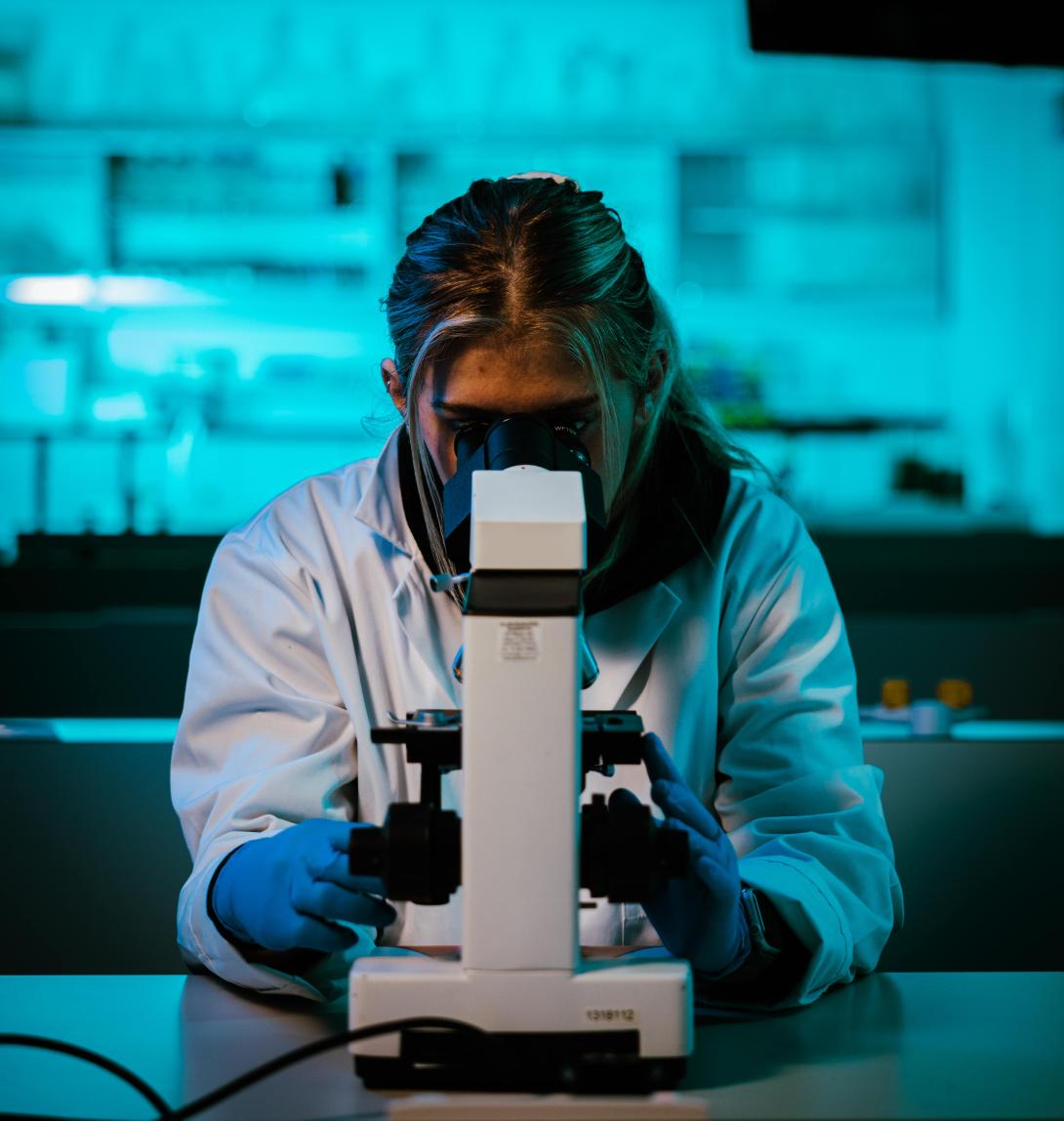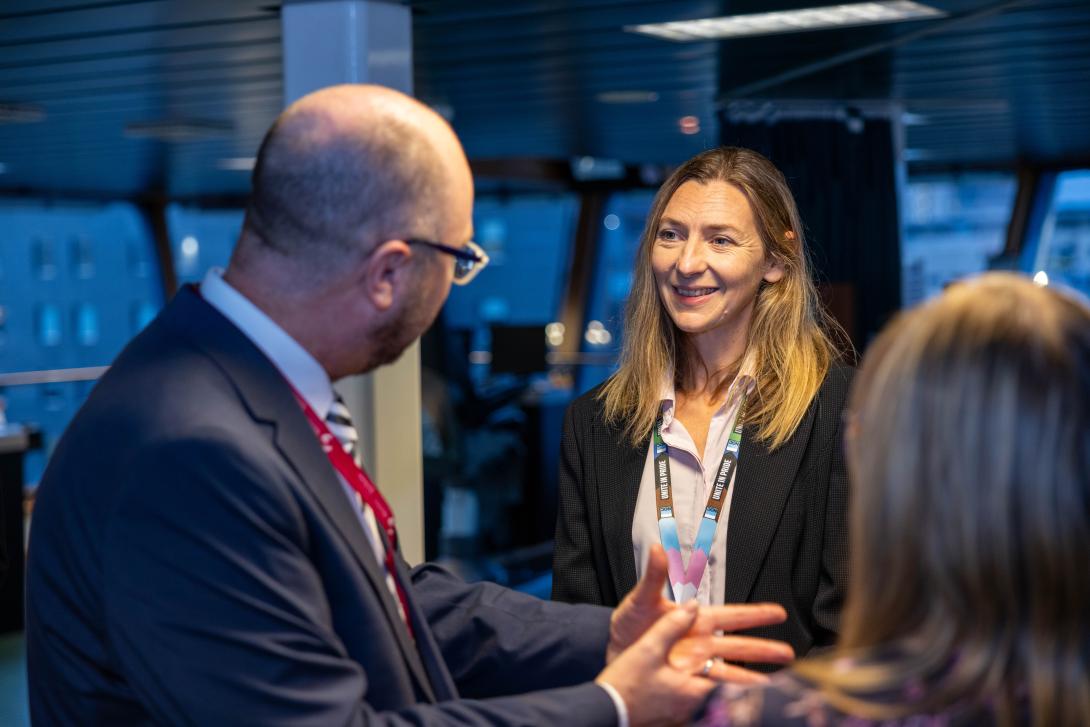Changes in the Arctic are already influencing lives across the globe, including here in the UK, driving sea-level rise, shifting weather patterns, and threatening biodiversity and the vital services our ocean provides.
As a global leader in marine modelling, biodiversity research, sensor technologies and marine autonomy, we have spent decades deepening our understanding of the Arctic and its far-reaching impacts.
Our Arctic Mission brings together our distinctive cross-disciplinary expertise and advanced technologies to make a significant contribution to the International Polar Year 32/33.
Our research in the Arctic and sub-Arctic seas builds essential knowledge about how the Arctic environment is changing and what this means locally and globally. This insight helps societies protect people, infrastructure and ecosystems from emerging hazards and sustain a healthy, diverse ocean.
Our multi-disciplinary Arctic research and technology centres around four core themes:
We investigate the physical, chemical, ecological and geological processes that shape the Arctic Ocean and connect it with surrounding land, ice and atmosphere. Our work sets baselines for climate, ecosystem dynamics and biodiversity, against which we can measure change and understand long-term trends.
A warming Arctic is transforming its environment, biodiversity and how it connects with the rest of the world. Our research works to pinpoint emerging tipping points and to predict how these changes will influence weather, climate and ecosystems near and far, helping us to forecast impacts on climate regulation, marine resources and communities worldwide.
As glaciers retreat, sea ice diminishes, and permafrost thaws, new marine hazards are emerging. We study the causes and impacts of coastal erosion, storms, ice drift, harmful algal blooms, gas hydrates and geohazards, providing knowledge to guide mitigation and resilience strategies.
With the Arctic becoming more accessible, its economic potential is growing, but so is the human footprint through resource extraction, pollution, tourism, transport and infrastructure. We work to understand the consequences and scale of this expanding activity, to help safeguard Arctic biodiversity and ecosystem health.
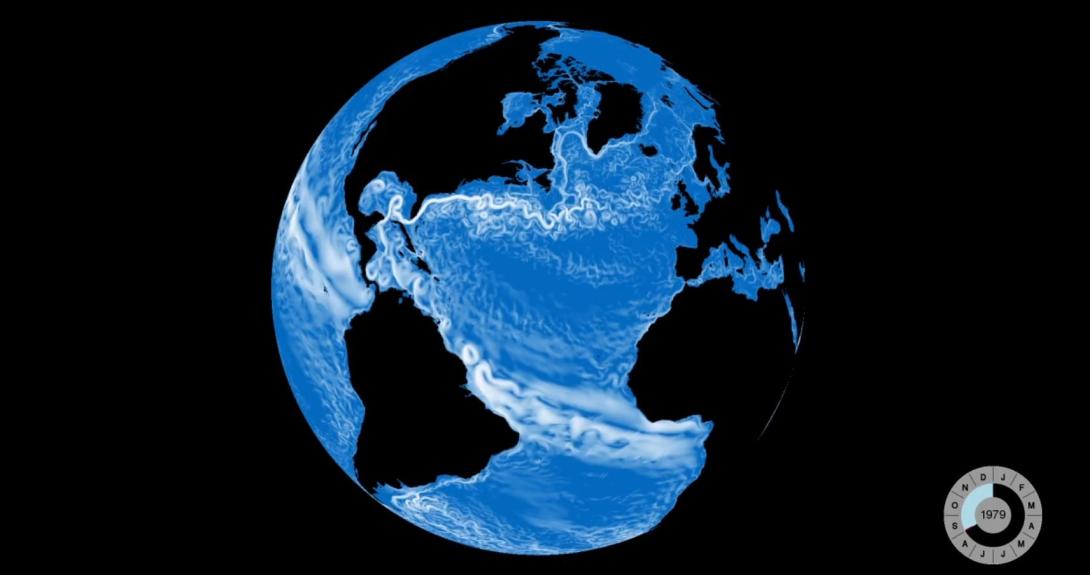
We lead in developing pioneering technologies that expand what’s possible in extreme and remote polar environments, helping us observe, explore and forecast change more effectively than ever before.
From autonomous vehicles that navigate under sea ice to sensors that withstand harsh Arctic conditions, our innovations push the frontiers of polar research. By working closely with international partners, we ensure these cutting-edge tools are shared and applied where they’re needed most.
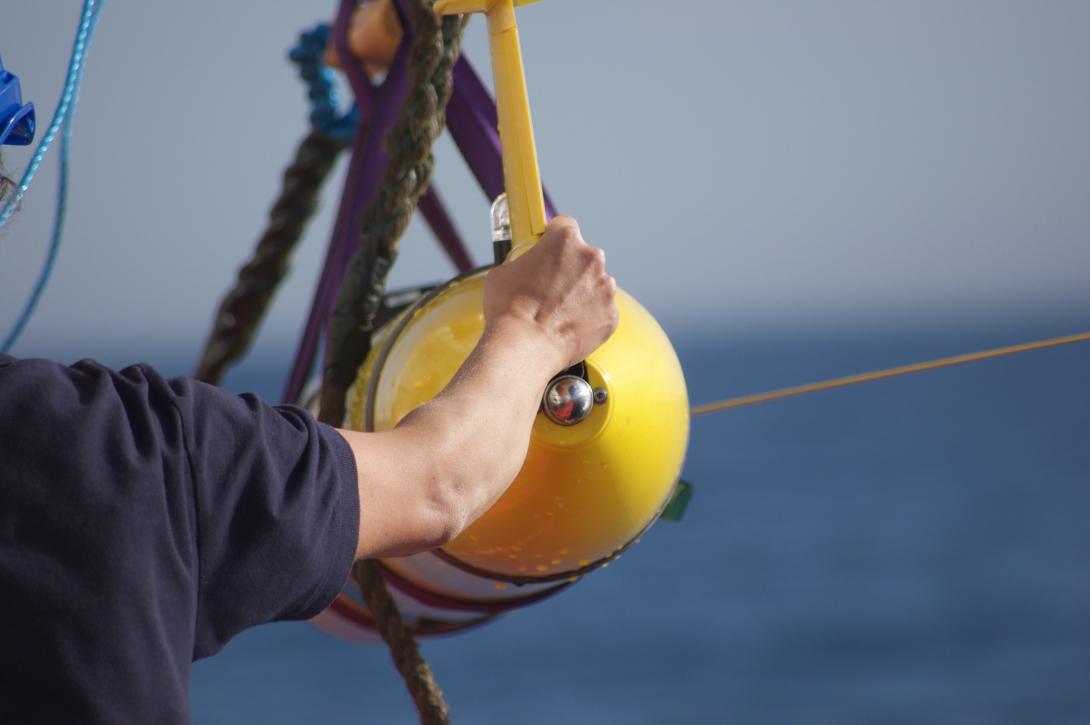
Our Marine Autonomous and Robotic Systems (MARS) team creates cutting-edge robotic platforms purpose-built for the Arctic’s toughest conditions. By enhancing navigation, endurance and reliability, we can deploy gliders and long-range Autosubs to gather data beneath sea ice and throughout the harsh winter months, in places and times few can reach.
Our advanced sensors and samplers measure carbonate chemistry, nutrients, eDNA and gases, withstanding extreme cold and integrating seamlessly with autonomous vehicles and moorings.
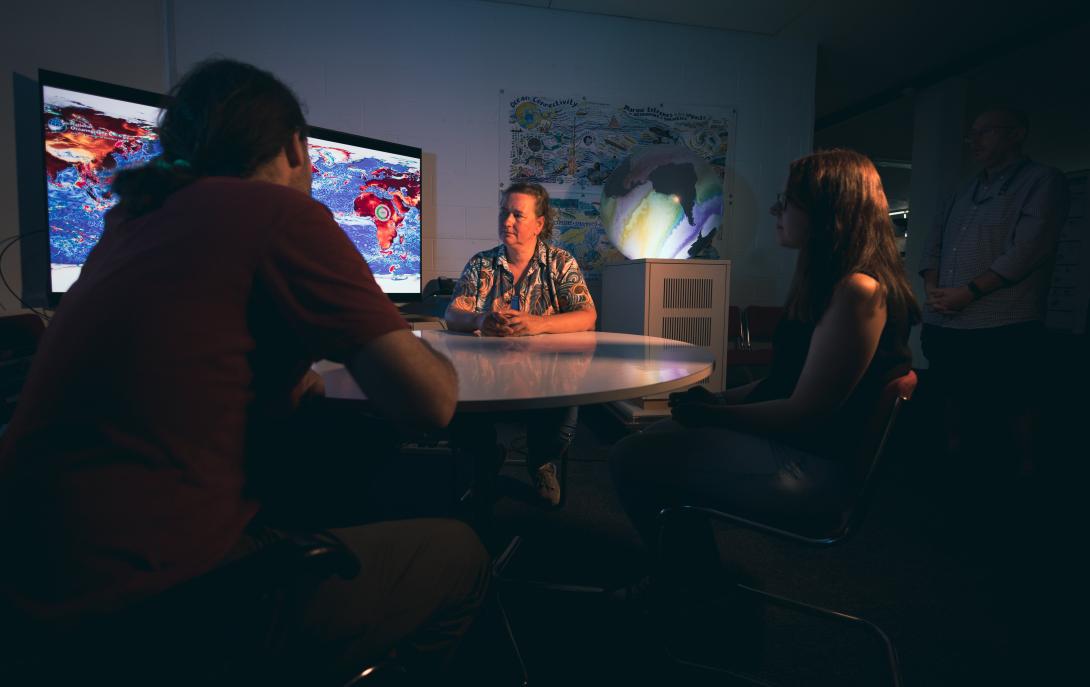
We develop sophisticated Arctic Ocean models, from regional to global scale, to simulate ocean, ice, biogeochemical and ecosystem processes in fine detail. These models help us understand present conditions and project future changes to the end of the century.
They account for atmospheric conditions, glacial melt, iceberg discharge, river inflows, ocean tides and mixing, capturing critical small-scale features like eddies and ice openings. The ecosystem modules focus on lower food-web dynamics and the biological carbon pump, vital for global climate.
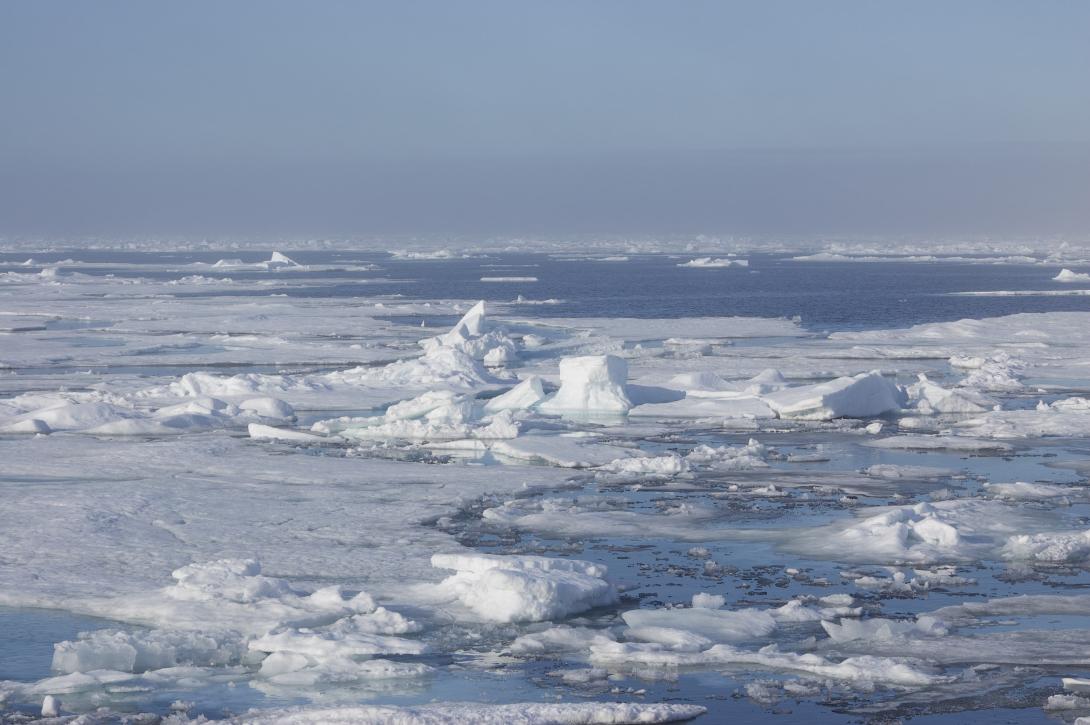
The Intergovernmental Panel on Climate Change’s 6th Assessment Report confirms that Arctic change is affecting ecosystems, economies and communities worldwide. Governments and policymakers are rightly turning more focus to the North.
The 5th International Polar Year (IPY 2032/33) will unite the global research community to tackle key knowledge gaps in polar science and shape strategies for mitigation and adaptation.
Through our Arctic Mission, we will bring together our leading-edge science, technology and engineering to deliver vital data and insight for IPY 32/33. Working with our UK and international partners, we will design and carry out multi-platform, multi-sensor, year-round programmes, with a strong emphasis on ambitious under-ice exploration. Combined with our expertise in modelling and digital science, this will drive transformative research in one of the world’s most challenging regions.
Check out the projects and papers we’re a part of relating to our Arctic mission.
Our research spans long-term observation programmes, technology trials and collaborative studies that deepen understanding of the Arctic’s role in the Earth system. Explore our latest findings and ongoing work to see how we turn technological advances into real-world impact.
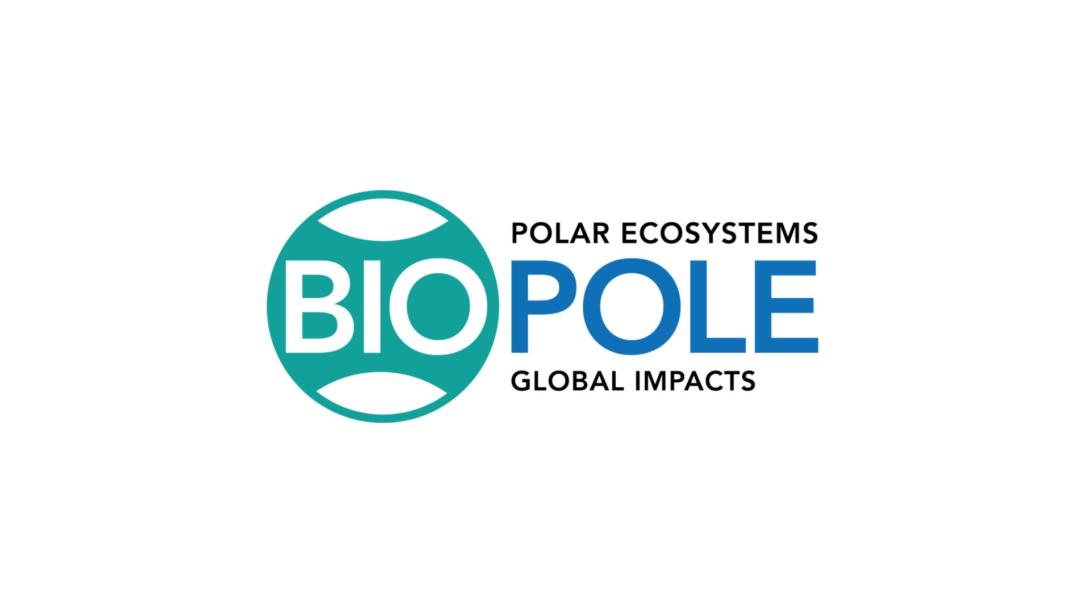
BIOPOLE investigates how nutrients in polar waters fuel the global carbon cycle and support primary productivity. As the ocean absorbs vast amounts of atmospheric CO₂, understanding nutrient supply from polar regions is vital to predict how climate change may affect this critical carbon sink. BIOPOLE will enhance our ability to quantify nutrient export and assess its vulnerability to changing conditions.
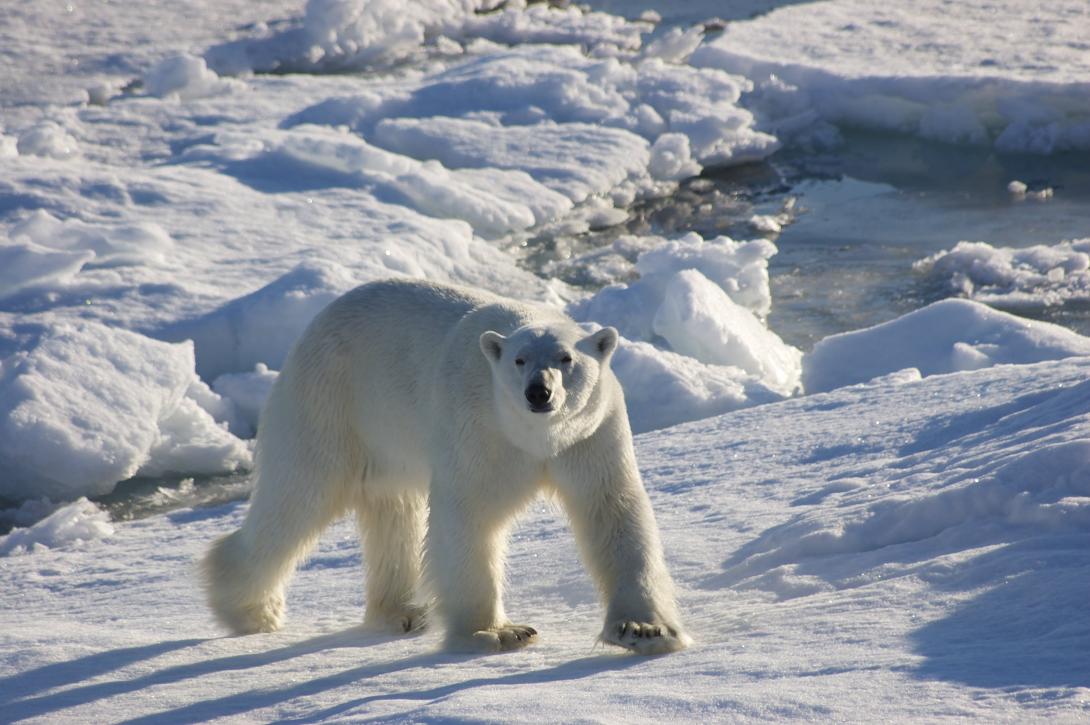
CANARI is a five-year programme studying how climate change and variability in the Arctic–North Atlantic region affect the UK, focusing on extreme weather and rapid disruptive shifts. By taking an integrated approach to ocean, atmosphere and sea ice, the project will improve understanding of how this dynamic region influences UK weather and climate.
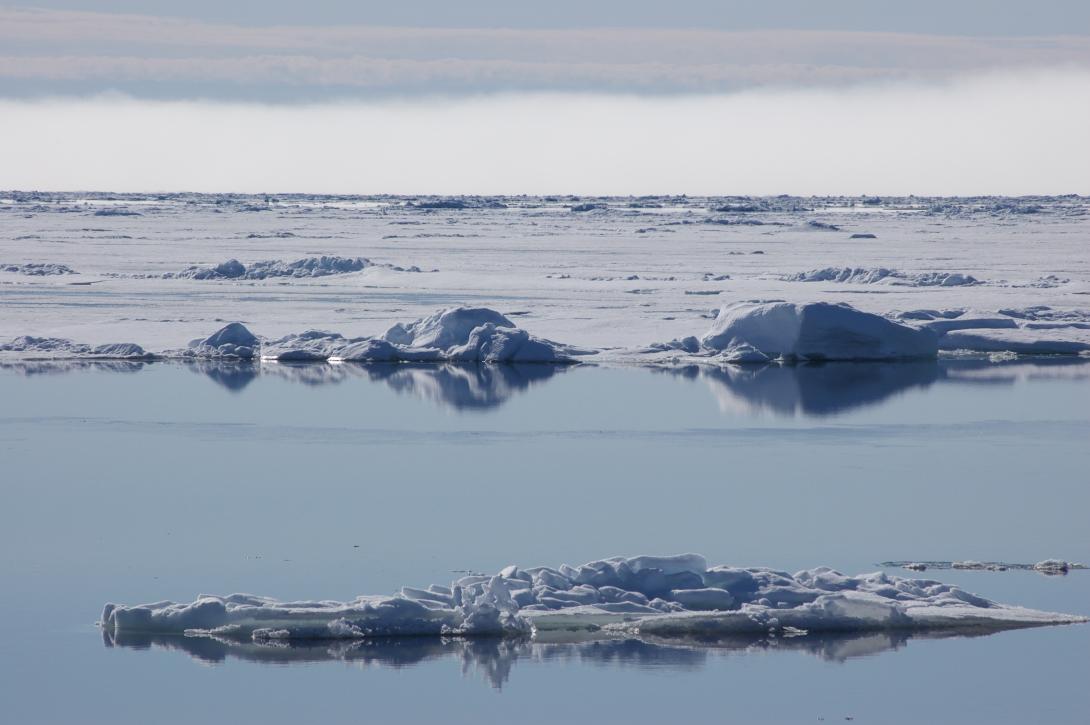
Changes in the Arctic are already shaping lives here in the UK and worldwide. With your support, we can continue delivering world-class science to tackle some of society’s most pressing challenges and help our ocean thrive.
To find out how philanthropy supports Arctic research and how you can get involved, please contact Hannah.Symons@noc.ac.uk


